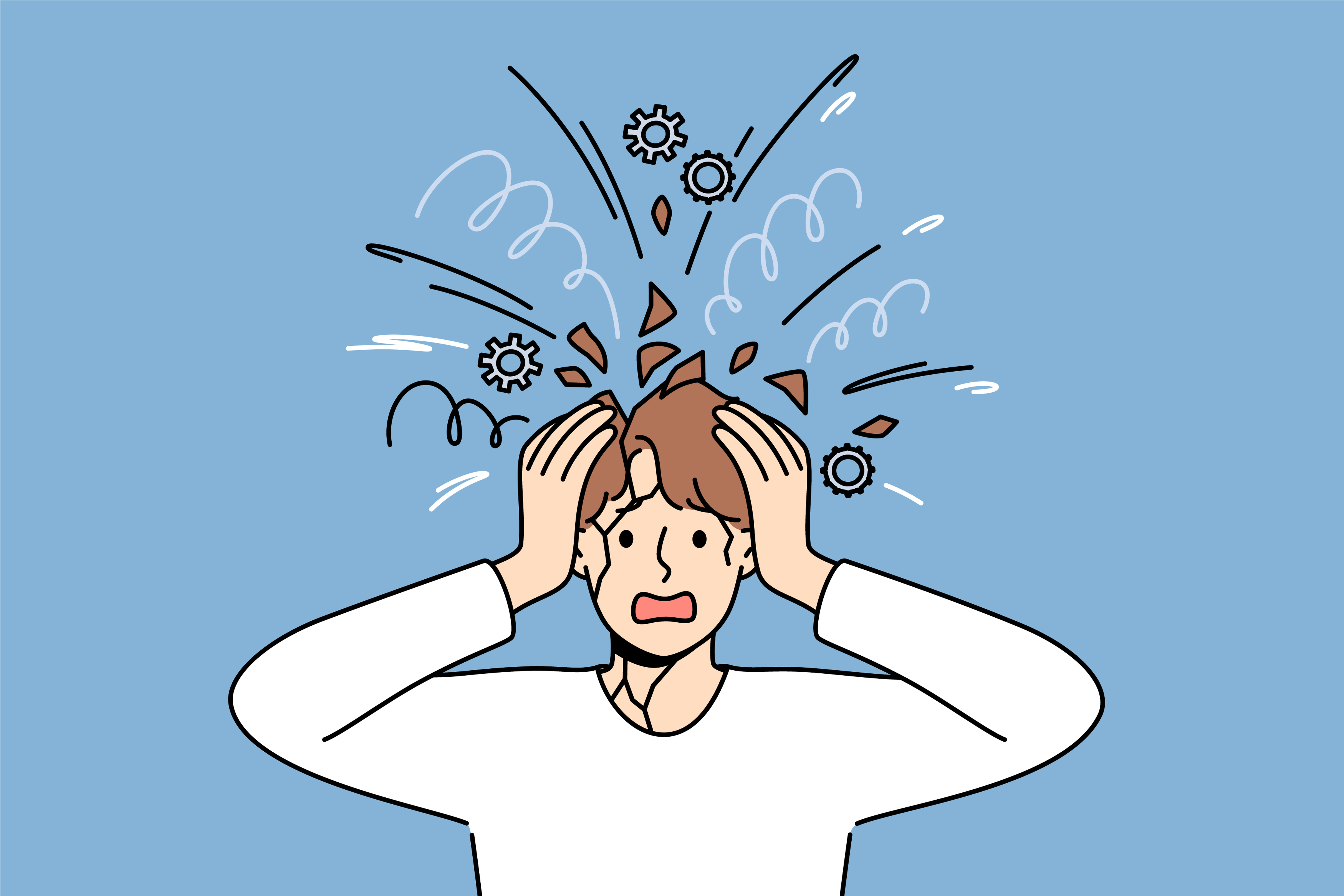Why Meditation Reduces Stress — The Science of Stillness and Superconscious Awareness

Stress has become one of the most widespread challenges of modern life — affecting our workplaces, homes, and even spiritual well-being. Organizations across the world, from corporations to the military, invest heavily in stress management programs. Yet most of these address only physical relaxation, providing temporary relief while leaving deeper causes untouched.
True and lasting stress reduction through meditation goes far beyond the conscious or subconscious layers of the mind. It begins at the superconscious level — the higher dimension of awareness that connects us with inner peace, intuition, and balance. When meditation awakens this superconscious state, it harmonizes the nervous system, calms emotional turbulence, and restores the natural rhythm of life. In this expanded state of awareness, stress dissolves not by suppression but by transcendence, allowing us to live with clarity, centeredness, and spiritual strength.
Impact of Stress on body
In 2011 and 2012, significant studies were published demonstrating the impact of meditation on stress and related diseases. These studies found that meditation can reduce the activity of certain immune cell proteins directly linked to increased inflammation. Essentially, the research suggests that meditation can counteract the inflammation effects associated with the elevated cortisol levels resulting from prolonged stress.
In 2008, another study focused on people with HIV who were experiencing high stress. The HIV virus attacks CD4T lymphocytes, cells that coordinate the immune system, gradually depleting them. Psychological stress can accelerate this process.
In this study, one group practiced mindful meditation for eight weeks, while the other group did not. The meditation group did not experience any reduction in CD4T cells, whereas the non-meditation group showed a significant decrease in these cells.
Numerous studies have demonstrated the remarkable effects of meditation on stress, as well as its positive impact on overall health and emotional well-being.
Yogananda’s Vision — Transforming the Mind Through Meditation
Paramhansa Yogananda once said,
“I bet I can take a group of boys with the worst character and the most restless temperament, and I’ll teach them to meditate. And if they meditate two hours a day for four years the way I tell them, I’ll make saints of them.”
What did he mean by that? Yogananda understood the transformative power of meditation on the brain — especially on the prefrontal lobe, the most evolved part of the human brain.
This region governs happiness, willpower, empathy, creativity, concentration, and self-control. When we meditate, especially using techniques like Hong-Sau, we focus energy between the eyebrows — awakening the spiritual eye, the seat of higher consciousness. This concentration increases pranic energy flow to the prefrontal lobe, enhancing our ability to stay calm, aware, and centered.
The Superconscious Mind — The Source of Inner Calm
Most stress arises because we resist life as it is. We struggle to change circumstances beyond our control, generating frustration and reactive behavior. Meditation connects us to the superconscious mind, helping us accept life with grace rather than resistance.
As we develop the prefrontal lobe through regular meditation, our reactionary tendencies lessen. We begin to act from clarity instead of compulsion, from peace instead of restlessness.
This inner shift not only reduces stress but also transforms our relationships, health, and sense of purpose. The superconscious awareness we touch in meditation brings serenity that no external relaxation technique can provide.
Meditation — The Path to Human and Divine Potential
Humans alone possess the capacity to rise beyond instinctual living. Through deep meditation practice, we can evolve toward higher states of consciousness, awakening the divine within.
By harmonizing body, mind, and soul, meditation allows us to experience:
-
Reduced stress and anxiety
-
Improved emotional resilience
-
Enhanced creativity and intuition
-
Balanced hormones and stronger immunity
-
Greater empathy and inner peace
Meditation is not just a method for relaxation — it is the science of self-realization. By awakening our superconscious potential, we can live as balanced, joyful, and compassionate beings.

Amrita Ghosh
YogiEvolve
